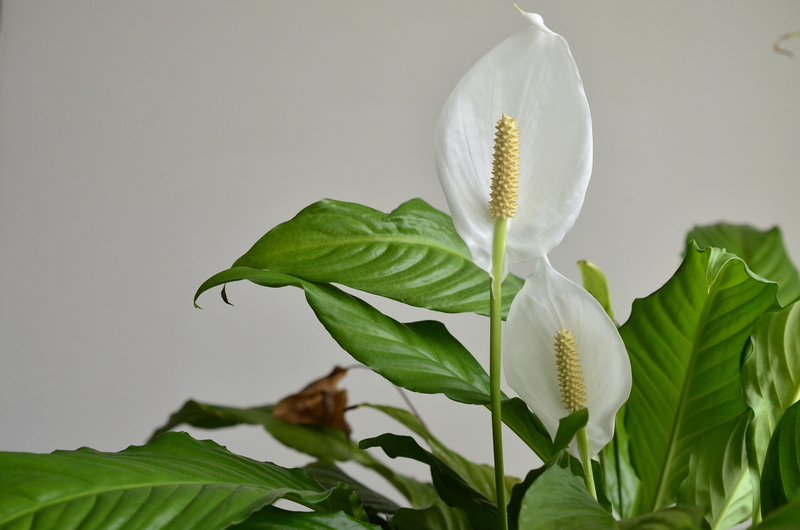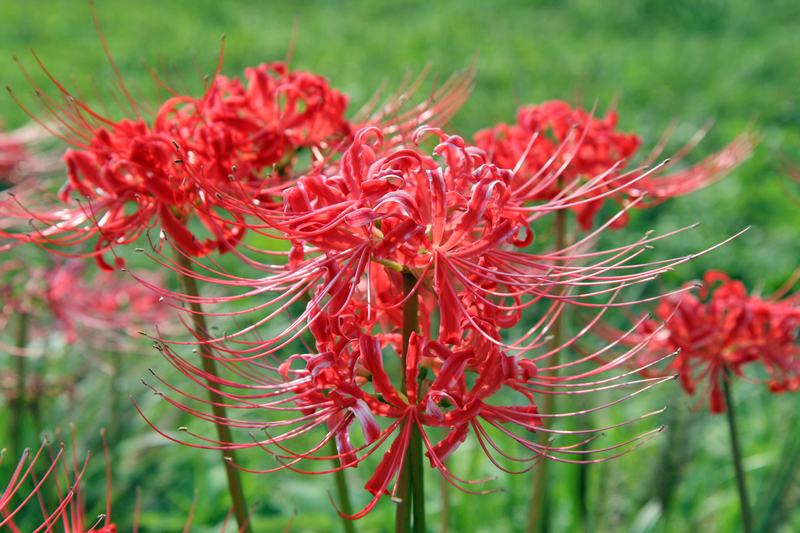Hardy Herbs to Grow in the Cold Months
Posted on 03/03/2024
As the cold months approach, many gardeners are faced with the challenge of keeping their herb gardens producing. While some herbs may not survive the harsh winter temperatures, there are several hardy herbs that can thrive even in the coldest months. These cold-resistant herbs not only add flavor to your dishes but also offer health benefits and can be a beautiful addition to any outdoor or indoor garden. In this article, we will explore the top hardy herbs to grow in the cold months and how to care for them.
The Top Hardy Herbs for Winter
1. Rosemary
Known for its strong and distinctive flavor, rosemary is a popular herb that can withstand cold temperatures. It is a perennial herb, meaning it can survive for several years, making it a great investment for your herb garden. Rosemary needs full sun and well-drained soil to thrive. During the winter months, it is best to keep it in a pot indoors near a sunny window.
2. Thyme
Another perennial herb, thyme is a must-have for any herb garden. It is known for its aromatic leaves and is a staple in Mediterranean cuisine. Thyme is highly adaptable and can survive both hot summers and cold winters. It prefers full sun but can tolerate partial shade as well.
3. Sage
With its earthy flavor, sage is a favorite among chefs and home cooks alike. This hardy herb can withstand freezing temperatures and will continue to produce flavorful leaves throughout the winter. Plant sage in an area that receives full sun and make sure to prune it regularly to promote new growth.
4. Chives
Chives are one of the easiest herbs to grow and maintain, making them perfect for beginner gardeners. They also happen to be one of the few herbs that can stay green even in the coldest months. This onion-flavored herb prefers full sun but can also tolerate partial shade.
5. Parsley
While many herbs go dormant in the winter, parsley is one that will continue to produce new growth even in chilly temperatures. This versatile herb can be used in a variety of dishes and also offers numerous health benefits. Parsley prefers full sun but can tolerate partial shade.

Caring for Your Herbs in the Winter
- Water sparingly: During the winter months, plants tend to need less water as they are not actively growing. It is essential to check the soil moisture before watering and only do so when it feels dry.
- Protect from frost: Most hardy herbs can survive light frosts, but prolonged exposure can damage or kill them. To protect your herbs, bring them indoors or cover them with a frost cloth when temperatures drop below freezing.
- Prune regularly: Pruning not only promotes new growth but also helps prevent diseases and pests. It is best to prune off any dead or damaged leaves, stems, or flowers regularly.
- Use mulch: Mulching around your herbs can help keep the roots warm during the cold months and retain moisture in the soil.
- Provide adequate drainage: Make sure your herbs are planted in well-drained soil to prevent root rot, which can be fatal for many plants.
The Pros and Cons of Growing Hardy Herbs in the Cold Months
Pros:
- Continual harvest: By growing hardy herbs in the winter, you can enjoy fresh herbs all year round.
- Less maintenance: Hardy herbs require minimal care and attention during the colder months.
- Cost-effective: Instead of purchasing expensive herbs from the grocery store, you can save money by growing them at home.
- Health benefits: Many hardy herbs offer numerous health benefits, such as boosting immunity and aiding digestion.
Cons:
- Limited variety: Not all herbs are hardy enough to withstand cold temperatures, limiting your options for winter herb gardening.
- Space constraints: If you are growing your herbs indoors, space may be limited, and you may not be able to grow as many plants as you would like.
- Pest and disease risks: While hardy herbs are generally more resistant to pests and diseases, they are still not immune. It is essential to monitor your herbs for any signs of problems and take necessary measures to prevent issues.

Takeaways
- Hardy herbs such as rosemary, thyme, sage, chives, and parsley can survive in the cold months.
- These herbs require minimal care and offer a variety of flavors and health benefits.
- Protecting from frost, proper pruning, and regular watering are crucial for their survival.
- While there are some limitations, growing hardy herbs in the winter can be a cost-effective and rewarding experience.
Conclusion
Don't let the colder months deter you from enjoying fresh herbs in your dishes. With the right care and attention, hardy herbs can thrive even in the coldest temperatures. By planting rosemary, thyme, sage, chives, and parsley in your garden or potting them indoors, you can continue to add flavor and health benefits to your meals all year round. So go ahead and give these cold-resistant herbs a try this winter season!
Latest Posts
Inspiring Ways to Refresh Your Garden This Autumn Season
A Step by Step Guide to Keeping Artificial Grass Fresh and Spotless
Creative Planting Ideas to Design a Serene Zen Oasis







